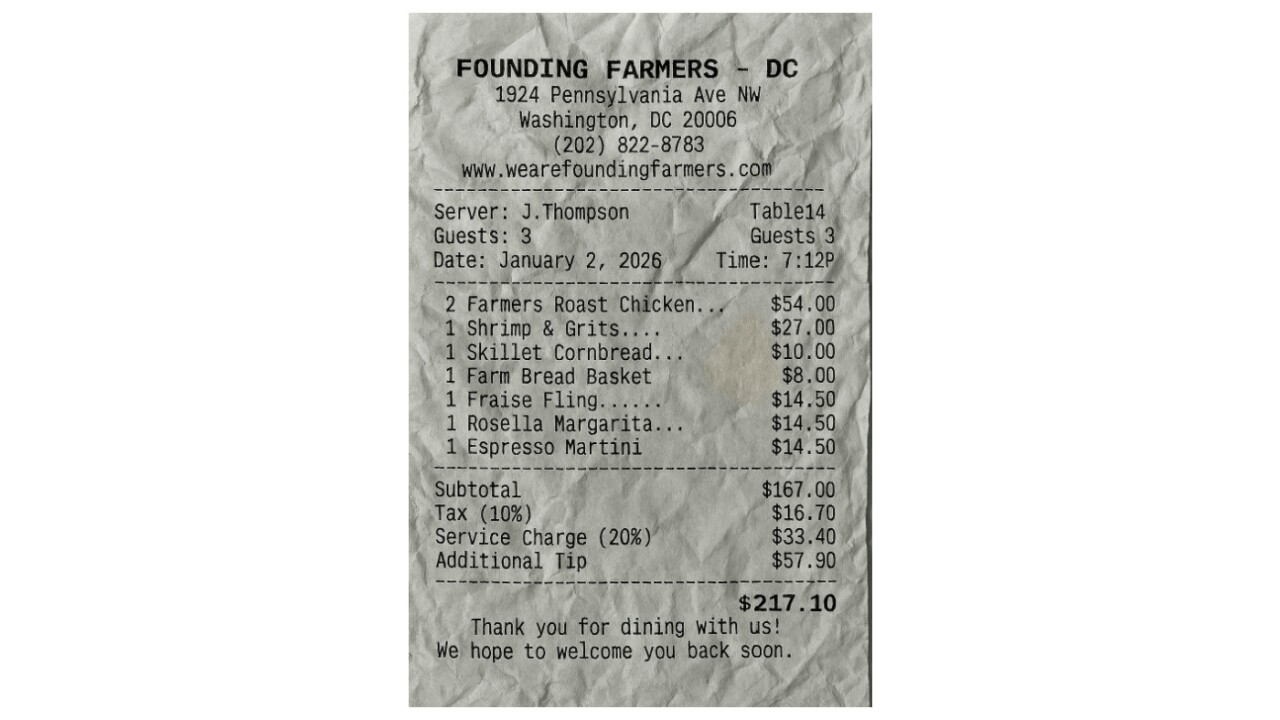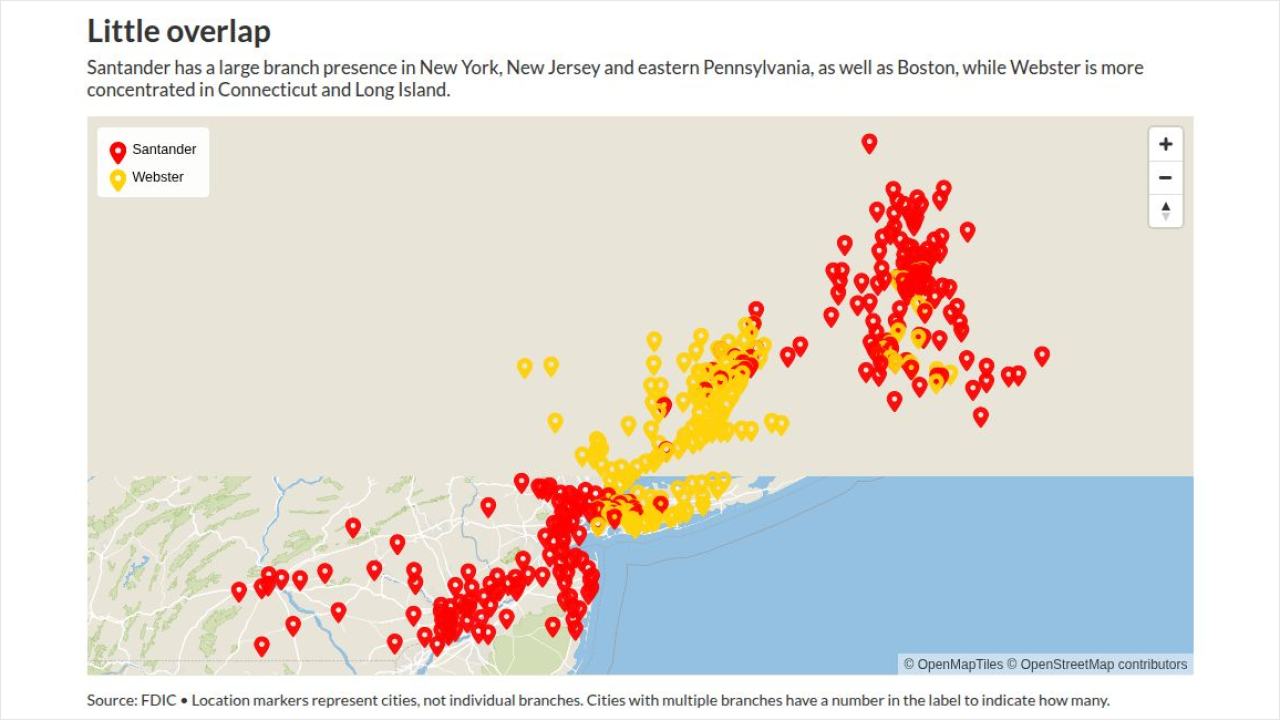-
WASHINGTON MetLife has made clear its objection to regulators designating the firm as a "systemically important financial institution," but on Monday the life insurer had the opportunity to air its concerns directly.
November 3 -
Regulators unveiled plans Monday to broaden the use of "Legal Entity Identifiers" and launch a pilot program designed to get more information on bilateral repurchase agreements.
October 6
WASHINGTON Financial industry groups are planning to call on the Treasury Department and other financial regulators this week to provide more transparency to the process for designating a nonbank as a potential threat to the economy.
Members of the Financial Stability Oversight Council which includes the Treasury, Federal Reserve Board and other regulators have scheduled a meeting Wednesday with various industry groups to solicit opinions on whether and how nonbanks should be considered "systemically important financial institutions."
Several industry groups have been lobbying FSOC to provide more details about how the council makes a designation, including making the process more transparent and subject to public scrutiny.
"By committing itself to a more open, rigorous designation process, FSOC can preserve it ability to effectively address systemic risks without being unnecessarily restricted," said Satya Thallam, financial policy director for the American Action Forum, a "center-right" policy research organization that released a set of recommendations ahead of the meeting, though it is not participating in it.
The AAF recommended the FSOC operate along the lines of the Federal Reserve's Open Market Committee.
The meeting is an outgrowth of an initiative announced on October by Treasury Secretary Jack Lew, who chairs FSOC, to "reach out to the financial industry, the advocacy community and others to gather additional ideas" to revise the SIFI designation process.
"The council will begin to consider possible changes in the coming months," Lew said.
To date only three nonbanks Prudential Financial, GE Capital and American International Group have formally been designated as systemically important financial institutions, while MetLife received a preliminary designation in September. MetLife protested the designation in an oral hearing with the FSOC on November 3. Companies designated as SIFIs are subject to additional regulation and Fed oversight.
Yet those designations have stirred concerns from House Republicans, who argue the process is too secretive. The House Financial Services Committee passed two bills in June concerning FSOC. The first would prevent any nonbank from receiving a SIFI designation for six months, and the other would give regulated banks and Congressional staff participation rights at FSOC meetings. Neither bill is likely to be enacted.
Thallam warned that without changes, FSOC may exacerbate perceptions of impropriety or capriciousness among members of Congress, some of whom "are already skeptical of FSOC and its authority."
Nonbank groups have also raised concerns about the designations, saying the process needs to change. The American Council of Life Insurers, American Financial Services Association, Association of Institutional Investors and the Securities Industry and Financial Markets Association, as well as other advocacy groups, wrote a joint petition to the council in August.
The groups recommended a more specific data acquisition process for FSOC in its initial review of nonbanks, and said it should provide more notice and explanation to nonbanks, and more meaningful participation in the review process.
"Petitioners believe the council shares our interest in ensuring a complete and accurate record based on the best available evidence and a process for consideration that is and open for all affected parties," the petition said.
But not all participants in the meeting are calling for more flexibility for nonbanks.
The Systemic Risk Council, which is headed by Sheila Bair, former chairman of the Federal Deposit Insurance Corp., is also expected to attend. That group has been pushing for "expedite[d] determination and designation of all SIFIs."
Bair sent a letter to House lawmakers in June defending the designations for nonbanks, saying they are a critical tool for the Fed and the FDIC to limit systemic risk.
"Without the FSOC designations, the Fed and FDIC have little or no ability to gather the information they need to engage in contingency planning, to determine whether traditional bankruptcy is possible, or plan for an effective resolution," Bair said. "Regulators' lack of knowledge and understanding of risks inside of these institutions, as well as the potential impact of their failure on the broader economy, created a bias in favor of bailouts (or, in the case of Lehman Brothers and the Reserve Primary Fund, a market expectation of one)."
Reform groups also are urging FSOC to stand its ground.
Marcus Stanley, policy director for the Americans for Financial Reform, said the industry focus on the FSOC rules to designate nonbanks is in many ways irrelevant, since the Fed has not yet determined how it should regulate nonbanks like insurance companies.
He argued that the Fed appears poised to regulate nonbank firms in an appropriate fashion, and was skeptical of House Republican calls for greater transparency, saying they were aimed at stalling FSOC from making designations.
"When you look at the details, [the transparency proposals] are almost always aimed at harassing FSOC and keeping it from doing its job," Stanley said. "It's clear they think that designation itself is problematic, and the object is to make it harder for FSOC to examine risk in the financial system."





